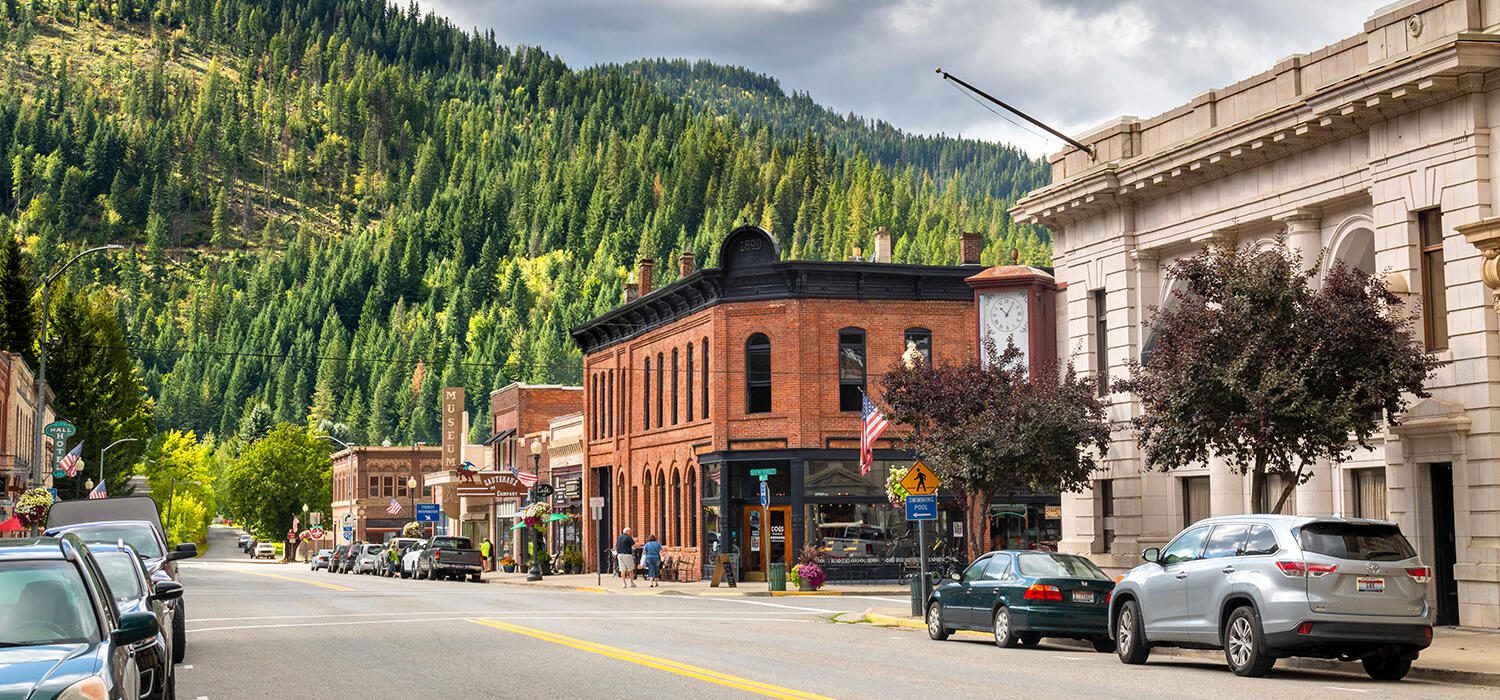I walk into a store. Ostensibly to buy a power drill, but really to spend time away from my family.
I see a walk-in clinic. I am taken aback, pausing in stride.
I live in rural America and the store I walk into is one of many discount stores populating the vestigial remains of small town, main street America.
Only difference is now I see a clinic in the store. And I am not sure what to make of it.
At face value it seems to make sense. Of course we should provide access to healthcare.
But when does access go from being access, to being an intrusion?
I suppose that is a matter of perspective. Then again, is not most of healthcare a matter of perspective?
In 2019 when Black & Decker announced a new line of healthcare products, called STANLEY Healthcare, we applauded the home improvement and repair company for their initiative in entering healthcare. Flash forward three years and STANLEY Healthcare is a healthcare conglomerate, with an array of devices under various brand names, each touting its own data interoperability platform.
It does not take a leap of faith to see why Black & Decker would design and manufacture medical devices – they already build world class power tools and lead the home improvement and repair market for smart devices, each capable of their own data sharing platform.
So if a company can build power tools, then they can certainly build medical devices.
A similar line of logic Dollar General used when it decided to enter healthcare, hiring a Chief Medical Officer, and vowing to become a rural destination for healthcare.
In a press release, Dollar General CEO Todd Vasos said, “our goal is to build and enhance affordable healthcare offerings for our customers, especially in the rural communities we serve.”
Rural communities – a curious phrase to end with, but a telling corollary.
Rural health has seen an emergence of late, starting even before the pandemic, but really taking off when healthcare disparities revealed one of the biggest risk factor for COVID-19 complications was not just ethnicity or income, but location, particularly living in rural communities.
According to the CDC, 15% of Americans live in rural communities, and patients in these communities are 50% more likely to suffer from an unintentional injury related death:
“Unintentional injury deaths are approximately 50% higher in rural areas than in urban areas, partly due to greater risk of death from motor vehicle crashes and opioid overdoses. In general, residents of rural areas in the United States tend to be older and sicker than their urban counterparts.”
Post-pandemic healthcare is now starting to flex its muscles into this patient population. Most notably, prominent healthcare investor, and former Senate Majority leader Dr. Bill Frist has launched a highly acclaimed startup focusing on innovative healthcare models for rural populations.
Undoubtedly the start of a larger trend in which both public and private healthcare entities will pour resources into rural America – which makes the pivot into healthcare by Black & Decker and Dollar General quite prescient, but also telling in how rural healthcare will shape out.
Rural communities take exceptional pride in being distinctly rural. They value craftsmanship and individual ingenuity. They know what they like and what they do not like. And they are quite leery of outsiders intruding into their rural lifestyle.
This provides a unique advantage for companies that already service rural populations, such as Black & Decker and Dollar General. They are familiar to rural populations and hold the trust of many rural communities.
More than some private equity backed healthcare conglomerate marching into town.
Something many rural companies are well aware of.
Going forward, we will see companies that are already based in rural America pivot into healthcare, and succeed at a greater level when compared to traditionally non-rural healthcare companies entering rural America.
It is a matter of trust.
Trust that many rural companies have already earned, pivoting that existing trust into new lines of healthcare products and services.
Trust that many new entrants into rural healthcare will find hard to earn.















